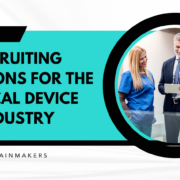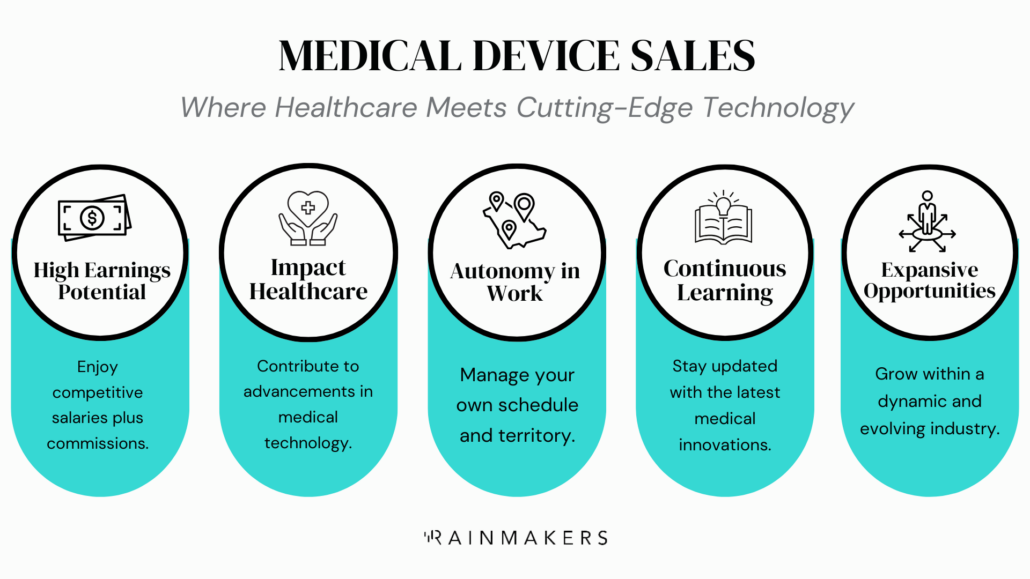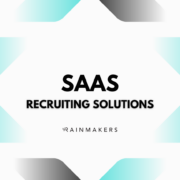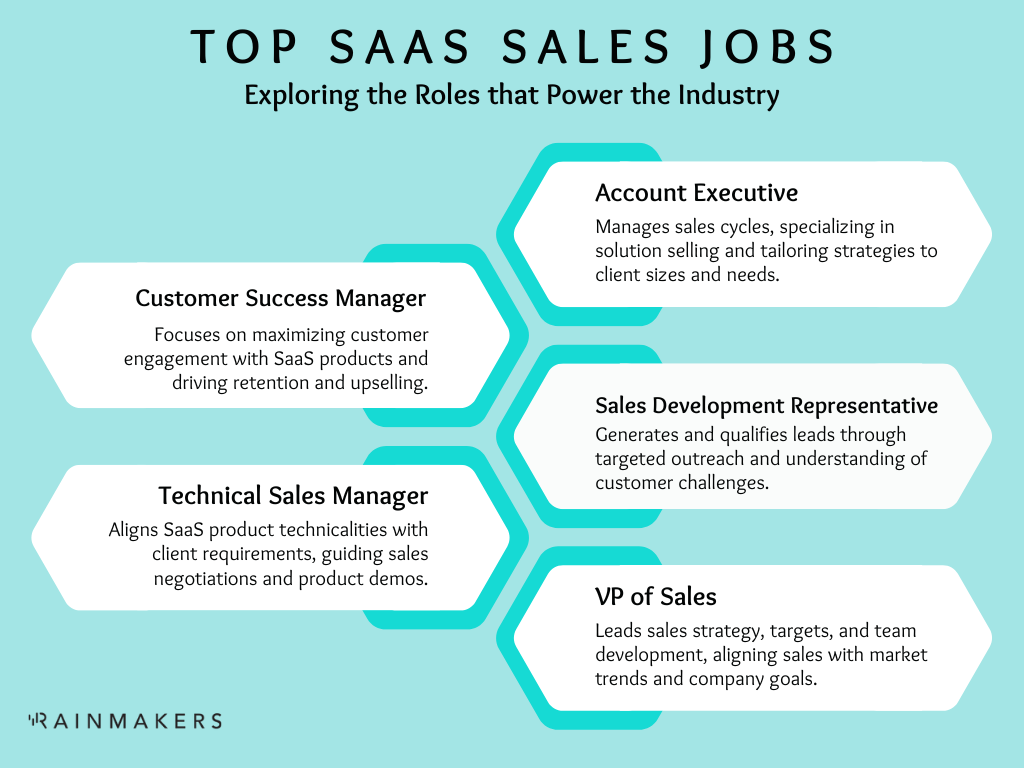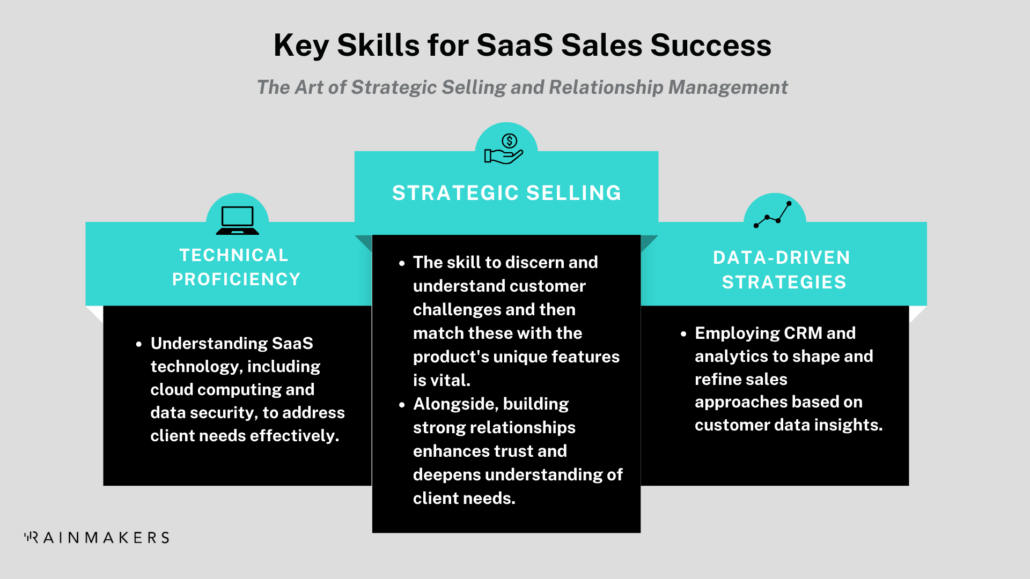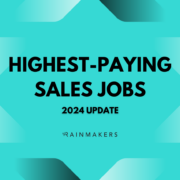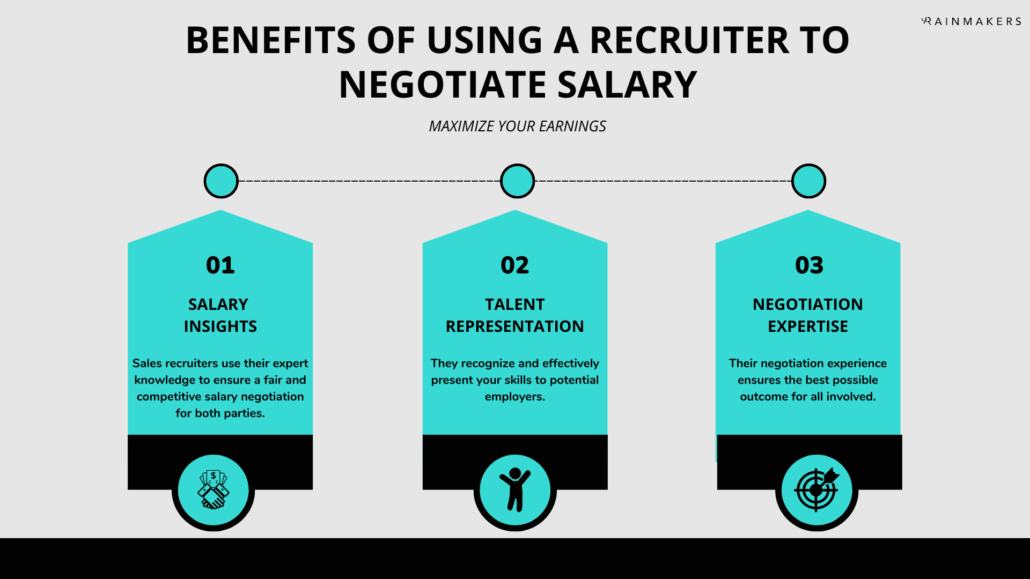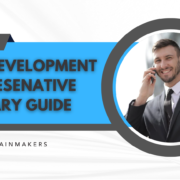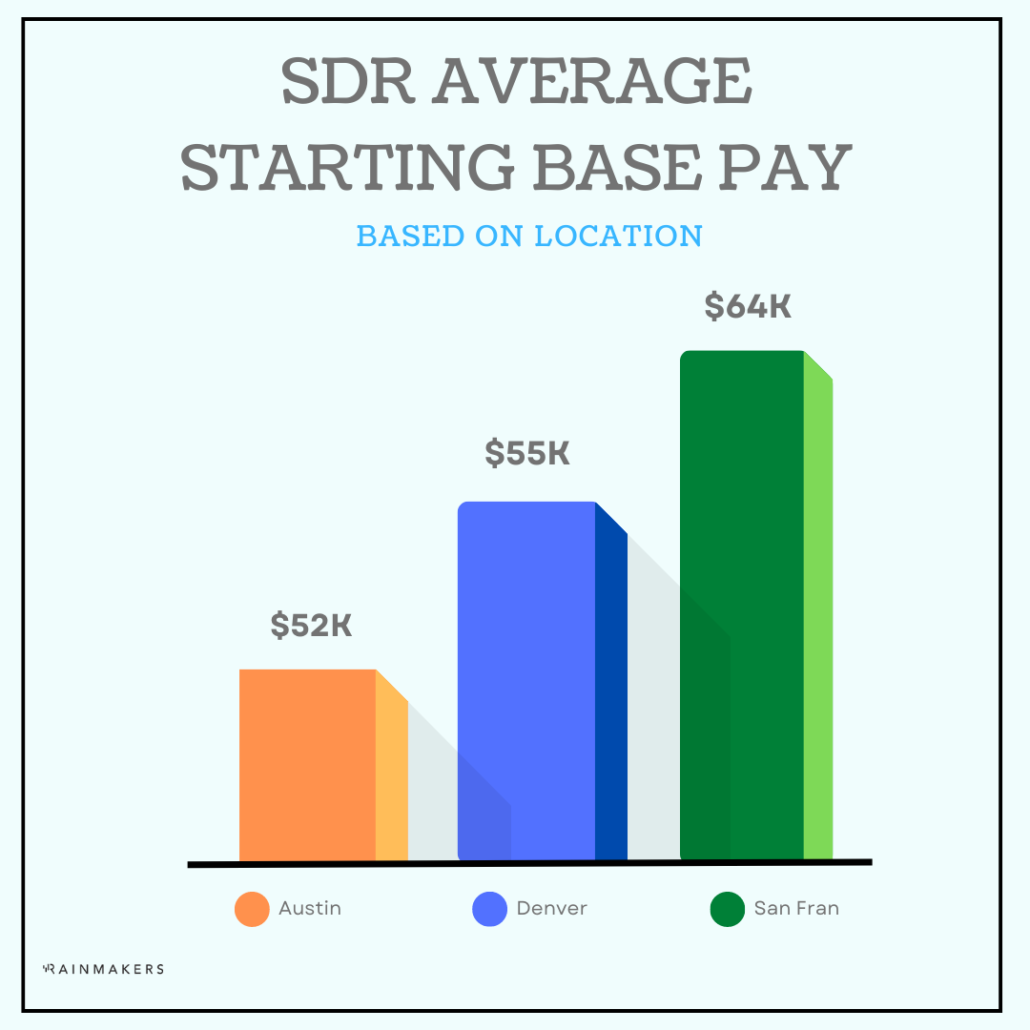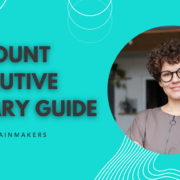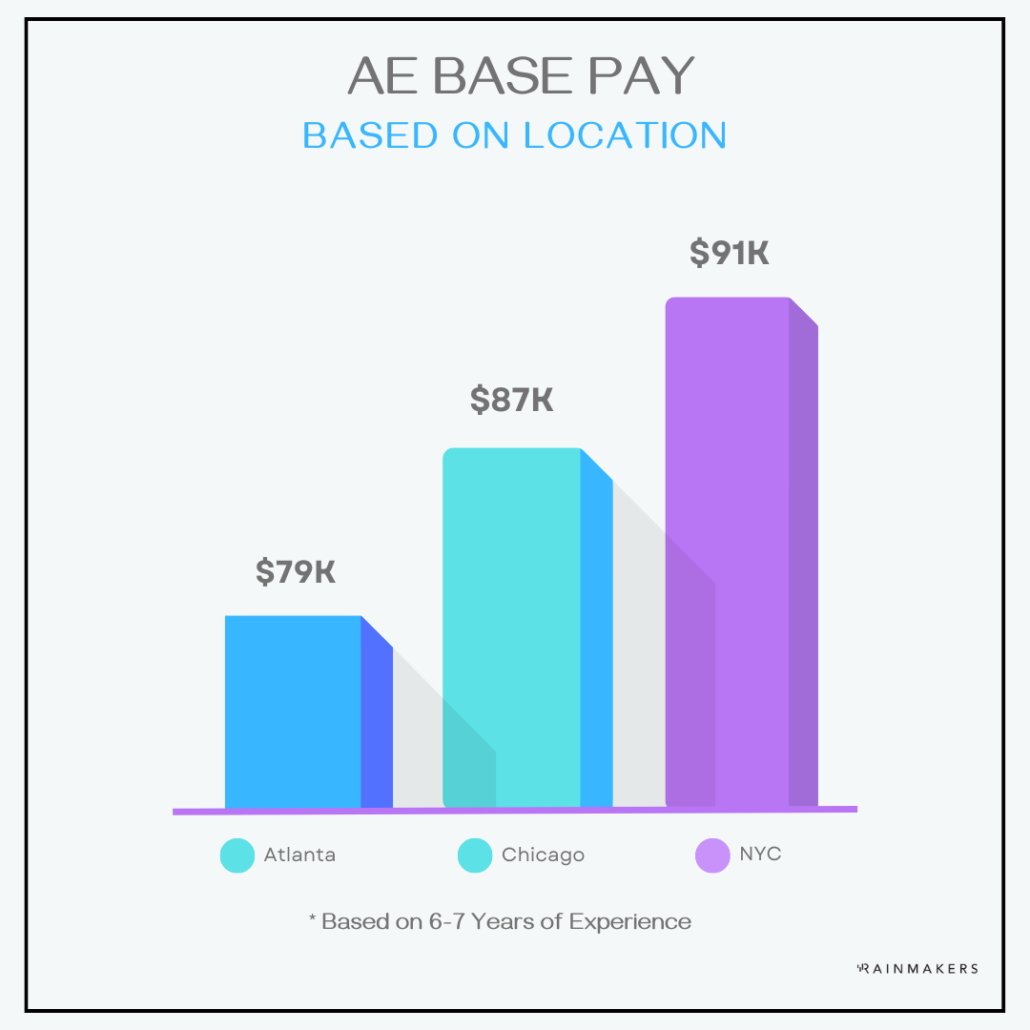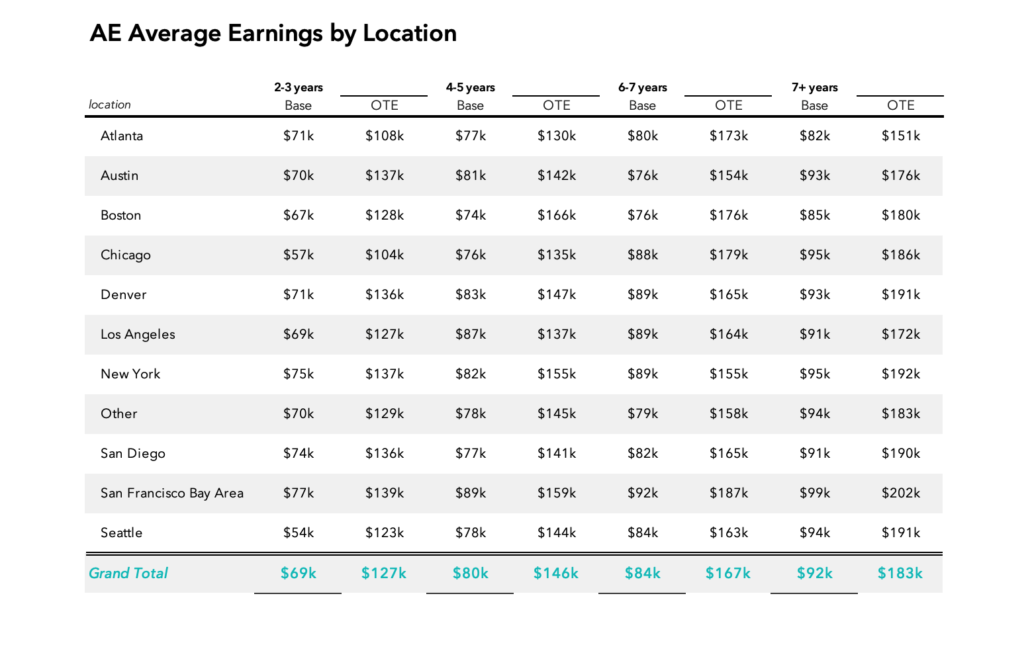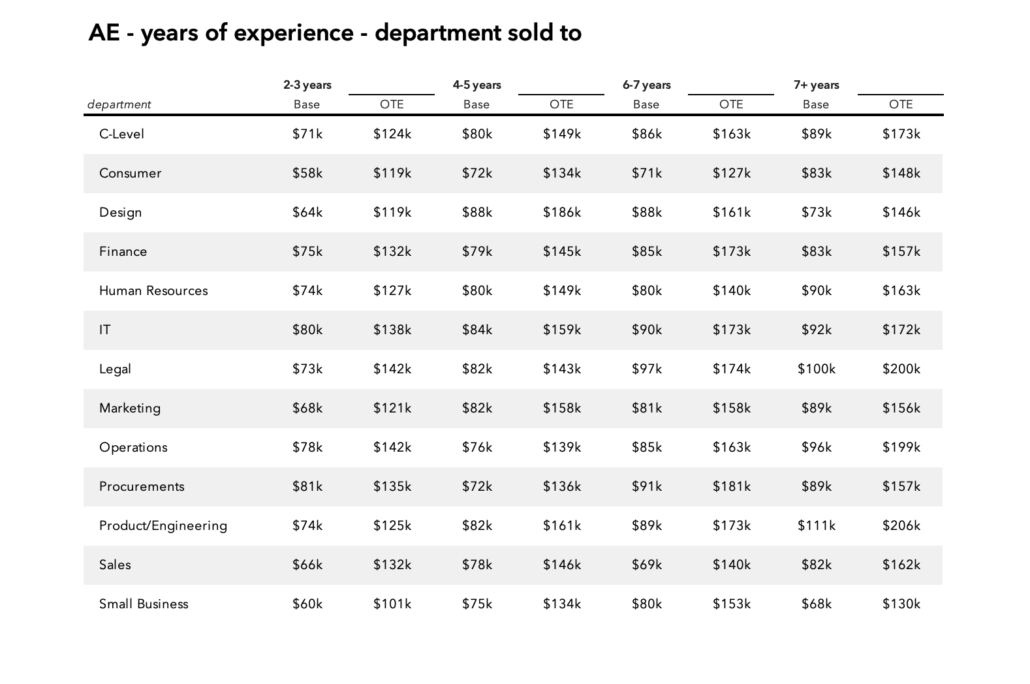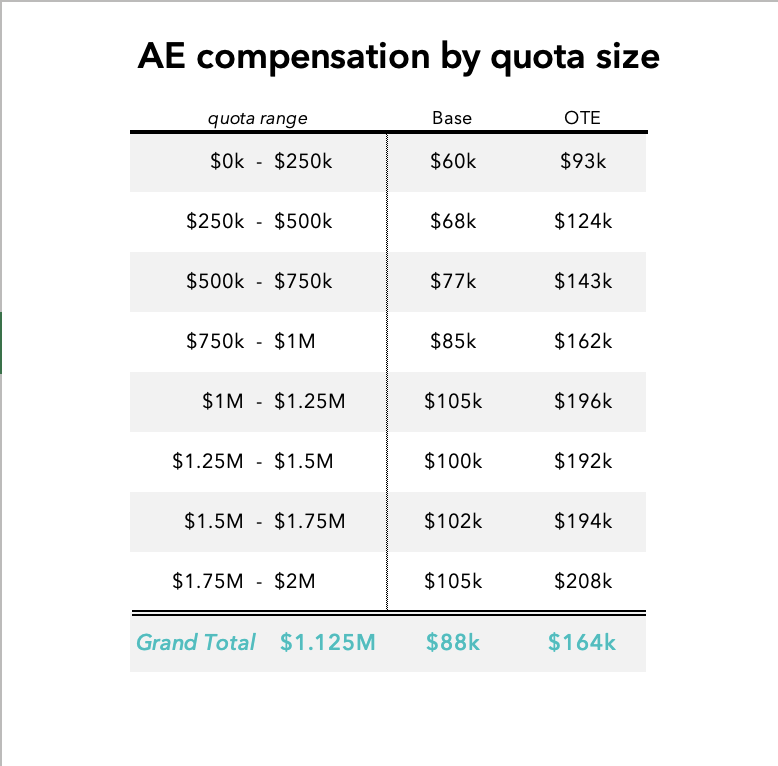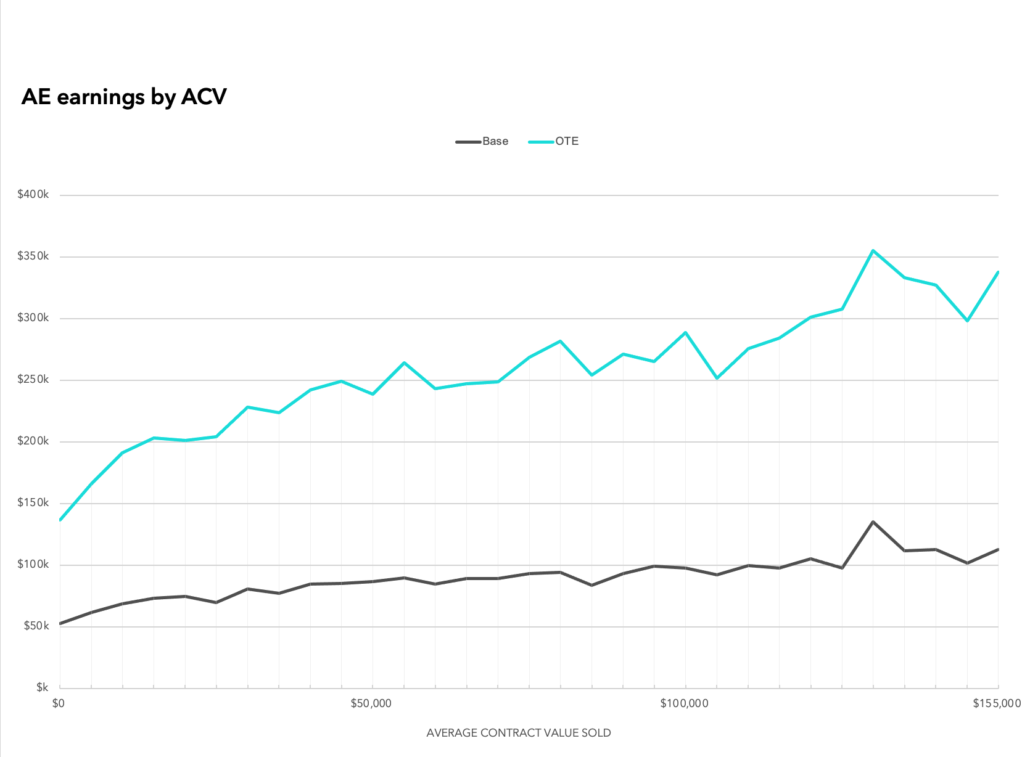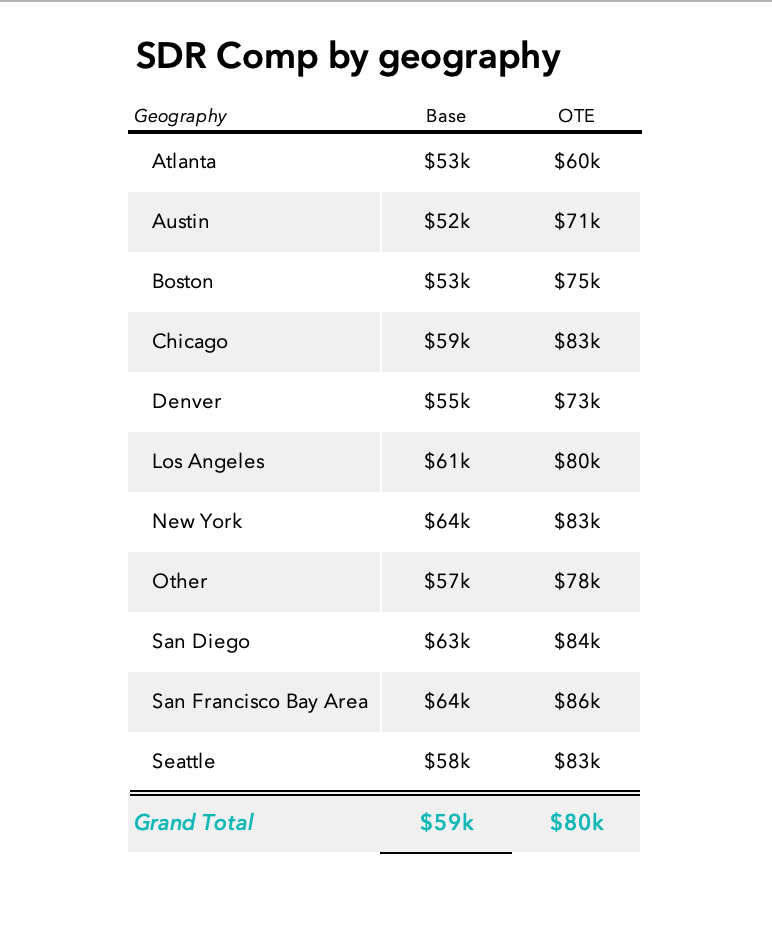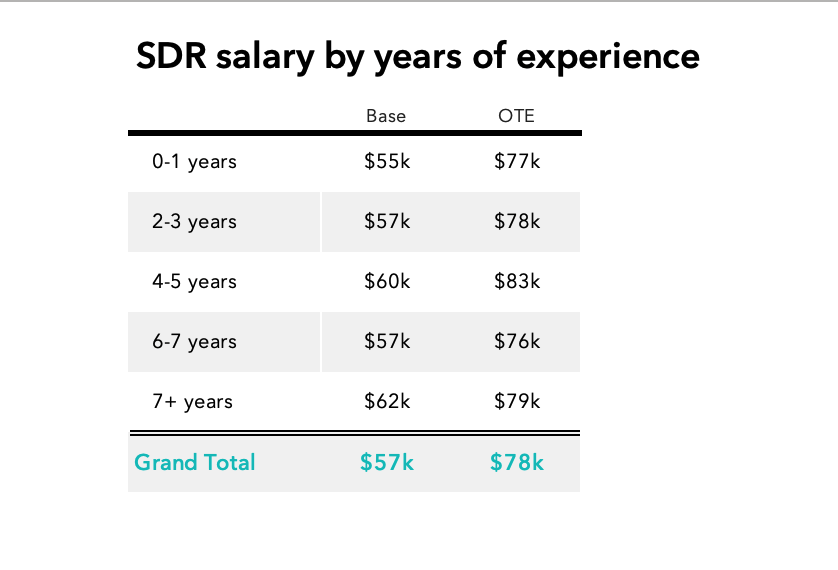TL;DR: In 2025, SaaS, fintech, and advanced manufacturing are shaping the Sales Hiring Trends 2025 with the strongest demand for sales hires in the U.S., especially in mid-market and enterprise account roles. Winning top candidates means offering competitive comp (AE OTEs now regularly hit $200K–$300K), hybrid flexibility, and consultative sales challenges.
Which Industries Are Driving Sales Hiring in 2025?
Despite broader economic uncertainty, companies continue to invest aggressively in sales hiring trends reaching new heights as outlined in 2025. Leading the charge are four fast-moving sectors:
- SaaS and Tech: 66% of SaaS firms plan to increase sales hiring this year, with top players growing 20%+ annually. These companies need AEs and SDRs who can explain complex software, AI, and cloud products to business buyers.
- Fintech: Payments, merchant services, and digital banking are expanding headcount. Fintech companies are actively hiring sales reps to serve both enterprise and SMB markets, especially in hubs like NYC, Atlanta, and Charlotte where these trends are noticeable.
- Advanced Manufacturing: Manufacturers of high-tech machinery and industrial automation tools are hiring B2B sales talent with technical fluency. Sales roles here are consultative and high-stakes, often focused on long-term ROI for clients as part of the Sales Hiring Trends 2025.
- Professional Services: Firms in consulting, marketing, IT, and advisory are hiring versatile reps who can manage both new business development and client retention. Hybrid roles blending sales and account management are the new normal.
Other verticals like healthcare tech, clean energy, and cybersecurity are also showing strong momentum.
Where Is the Sales Talent Pool Concentrated?
While traditional metros like New York, San Francisco, and Chicago remain dominant, 2025 has seen the rise of secondary hotspots with lower cost of living and strong tech scenes. Examples include:
- Austin, TX and Denver, CO: Fast-growing tech employers.
- Raleigh-Durham, NC and Salt Lake City, UT: Remote-first SaaS and fintech firms following current sales hiring trends.
- Detroit and the Midwest: Industrial and equipment sales roles.
Meanwhile, 71% of sales professionals now work in hybrid roles, giving employers nationwide access to top-tier talent without the relocation hurdle.
What Sales Roles Are Most in Demand?
Companies are prioritizing roles that build relationships and drive revenue—not just cold outreach. Key roles include:
- Account Executives (AEs): The most sought-after sales role across SaaS and fintech. AEs are expected to manage the full sales cycle, with mid-market and enterprise AEs now earning OTEs between $200K and $300K depending on company size.
- Sales Engineers: Especially in tech and manufacturing, where technical products require clear translation to business value. These roles are pivotal in executing Sales Hiring Trends 2025.
- Customer Success and Account Managers: Hybrid “land and expand” roles that manage renewals, upsells, and satisfaction.
- Sales Development Reps (SDRs): Still vital for top-of-funnel activity, especially for growing SaaS teams.
Sales leaders (VPs, CROs) remain in demand as companies scale teams strategically.
What Do Top Candidates Expect?
Hiring managers should understand that today’s top salespeople are highly selective. Here’s what they’re looking for:
- Strong Compensation: According to our 2025 report, median OTEs are:
- AEs: $200K+ in mid-market; $300K+ in enterprise
- SDRs: $85K–$105K
- VPs of Sales: $450K–$650K in total compensation at larger firms
- Tech-Enabled Sales Stacks: Reps expect access to AI-driven CRM, sales engagement tools, and real-time analytics.
- Remote Flexibility: Hybrid or remote-first models are now table stakes.
- Consultative Selling Opportunities: Especially in SaaS and professional services, reps want to sell complex solutions—not commoditized products as part of the sales trends for 2025.
Final Take: 2025 Is a Sales Hiring Surge—If You’re Ready
This year’s talent market favors employers who move fast, pay competitively, and invest in candidate experience. The top salespeople aren’t waiting—they’re already fielding offers. If you want to win, lead with clarity on compensation, flexible work, and a compelling product to sell.


